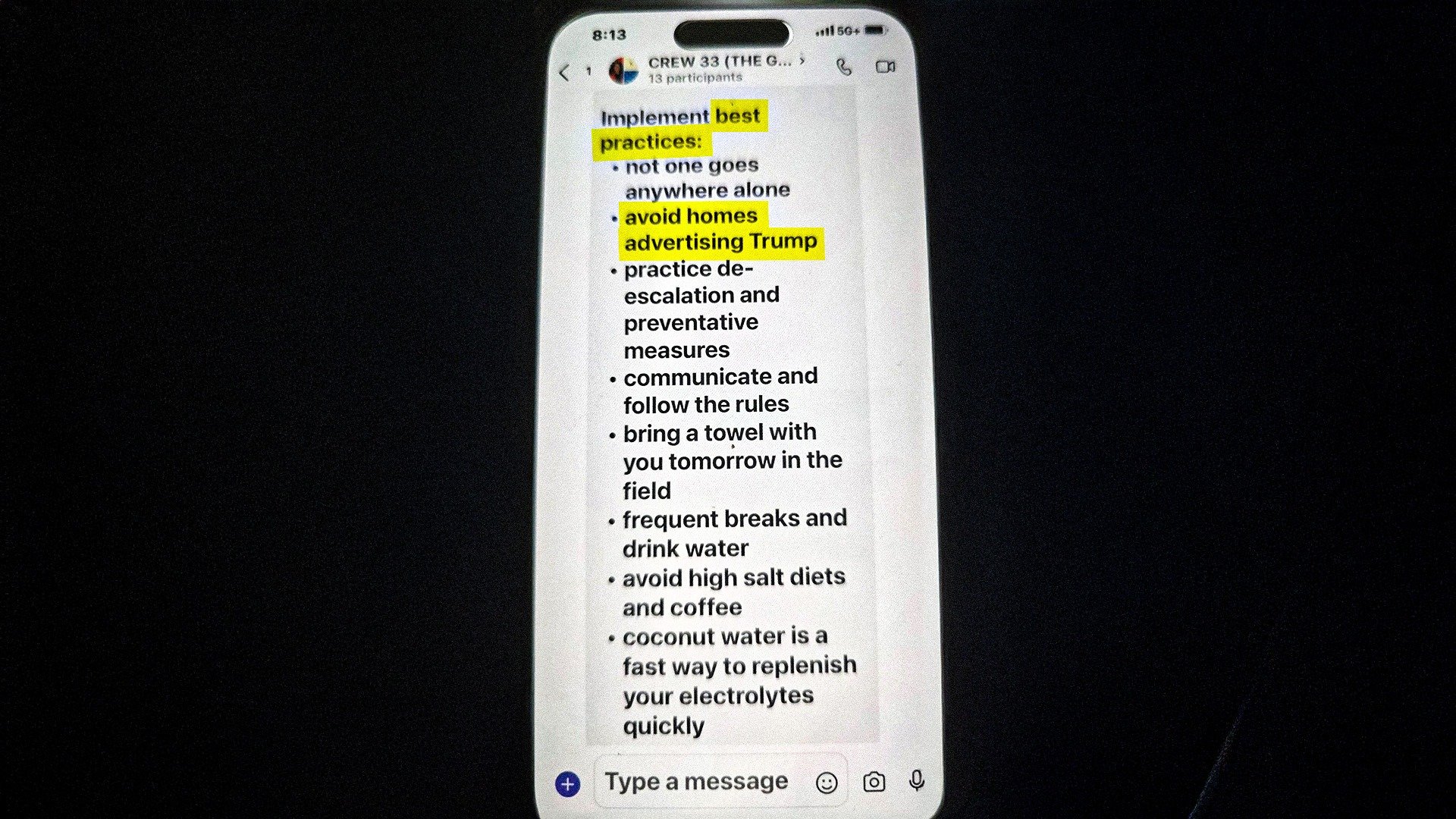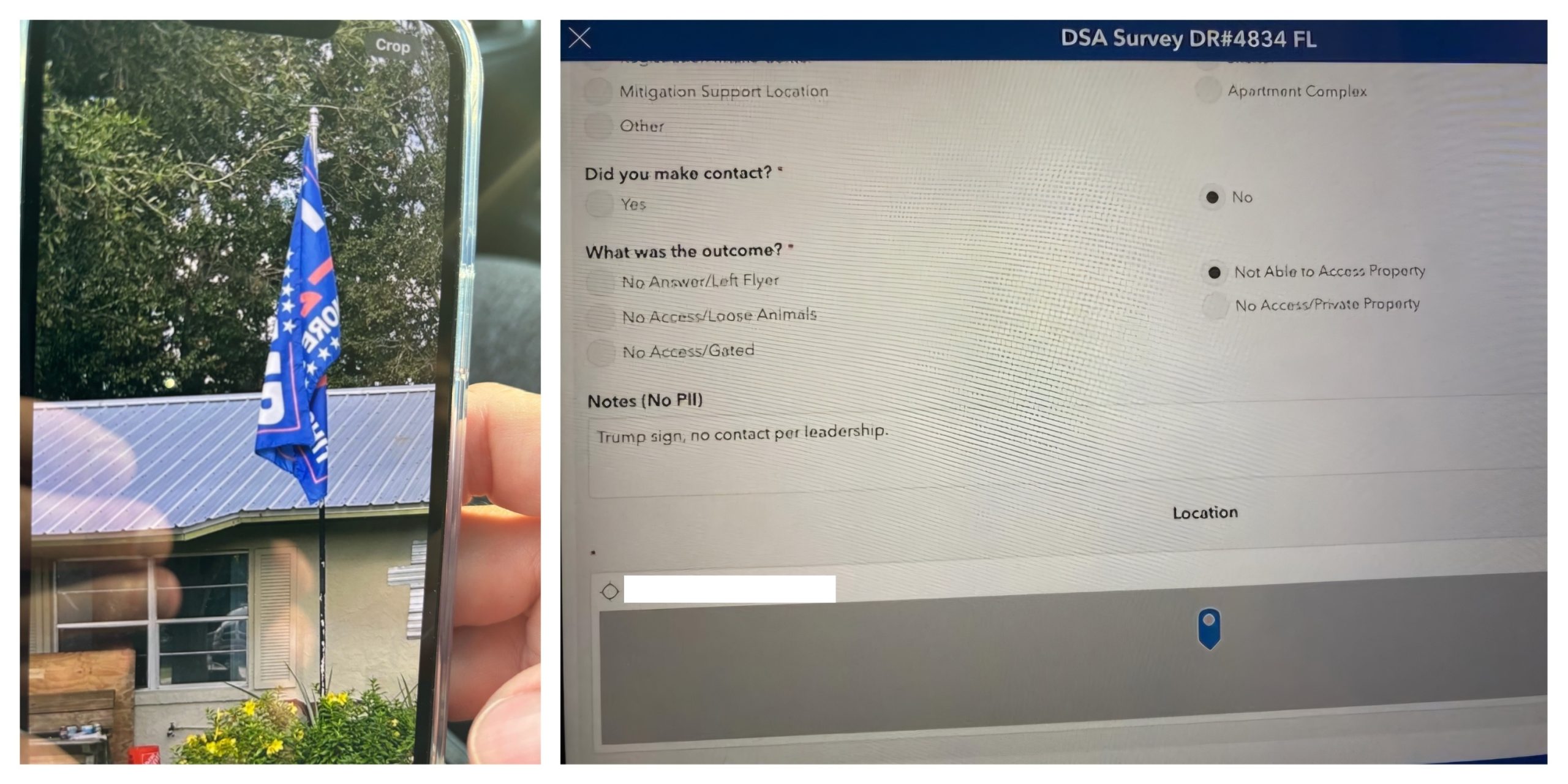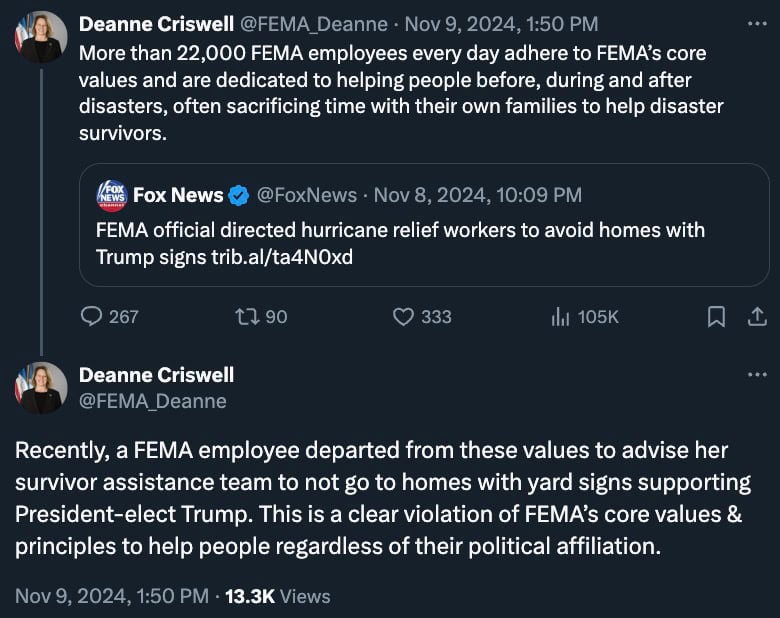The revelation that a FEMA employee instructed relief workers to bypass homes displaying support for Donald Trump during the aftermath of Hurricane Milton has substantiated at least some concerns that were initially dismissed as “misinformation” by several Democratic lawmakers and mainstream media outlets, including the New York Times who described suggestions that relief workers were “neglecting areas that had voted for Republicans” as “false” in a fact check.
This incident sheds light on the broader implications of the fight against online “misinformation,” particularly how premature labeling of claims can potentially suppress legitimate grievances and criticisms that later prove to have been based on some truth, something that happened often in 2020 and the Covid era.
The controversy surrounding a FEMA employee who allegedly directed a relief team to ignore homes displaying support for then-Republican presidential nominee Donald Trump has sparked outrage and demands for a thorough investigation by legislators. As first reported by The Daily Wire, the employee, who has now been fired, instructed team members to bypass these homes, an action condemned by FEMA administrator Deanne Criswell as a “clear violation of FEMA’s core values & principles to help people regardless of their political affiliation.”


Criswell’s confirmation of the dismissal came through a post on X, following online reports about the employee’s conduct. While she didn’t specify which hurricane’s relief efforts were affected, ABC News and The New York Times reported it was during the aftermath of Hurricane Milton in Florida. This hurricane struck shortly after the catastrophic Hurricane Helene.

The rush to curb the spread of misinformation online is a top priority for many pro-censorship platforms and legacy institutions claiming to protect public discourse from false narratives. However, this incident exemplifies the complexities and risks inherent in these efforts. Initially, the claims regarding any of FEMA’s discriminatory practices were quickly categorized as baseless and part of an online misinformation campaign. This not only stifled debate but potentially delayed the scrutiny necessary to uncover and address any wrongdoing.






















